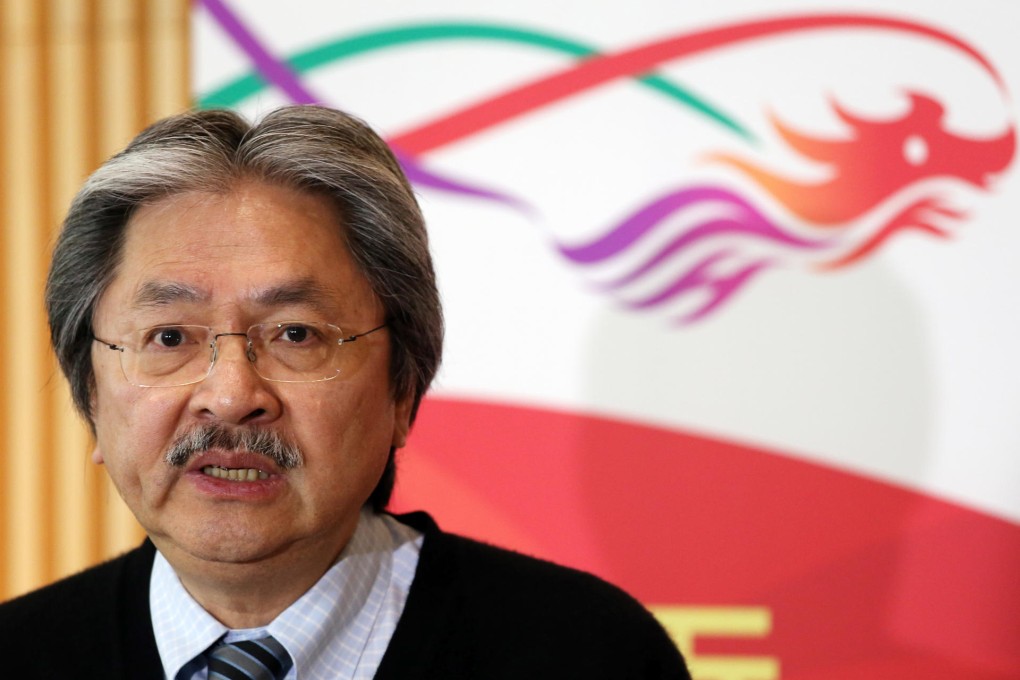Letters to the Editor, January 24, 2014
Chief Executive Leung Chun-ying and his administration, as with their predecessors, have delivered yet another year when Hong Kong has been awarded the No 1 slot on the Index of Economic Freedom - for the 20th year in a row - by the prestigious Heritage Foundation, in partnership with The Wall Street Journal.

Chief Executive Leung Chun-ying and his administration, as with their predecessors, have delivered yet another year when Hong Kong has been awarded the No 1 slot on the Index of Economic Freedom - for the 20th year in a row - by the prestigious Heritage Foundation, in partnership with The Wall Street Journal.
The United States has dropped out of the first 10 to 12th position.
One has to wonder then why the opposition in Hong Kong seeks to adopt a system of government which leads to failure.
Unlike China, which has raised millions of its people out of poverty, the US and other countries in the West, in Europe, are driving their citizens into poverty. A record 47 million people in the US rely on food stamps for their daily meals and 50 per cent are relying on government for some sort of welfare support.
Our government has a surplus of funds, which the opposition wants to spend. The US and other Western European countries are heavily in debt and in the case of the US, the majority of that debt is due to China.
So one must question the motives of the opposition in Hong Kong in seeking to burden us with a failed system. Could it be that, rather than economic logic, it is political logic - a grab for power similar to Venezuela which has impoverished that nation notwithstanding its immense oil reserves?